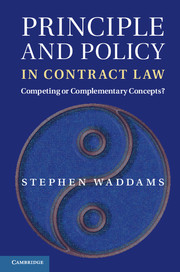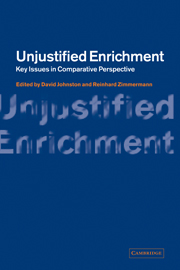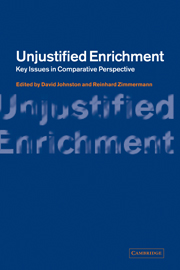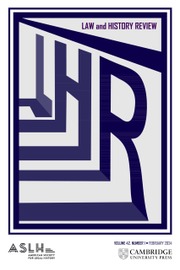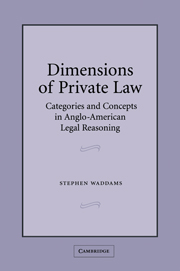Sanctity of Contracts in a Secular Age
The phrase 'sanctity of contracts' implies that contracts should always be strictly enforced. But when this objective is relentlessly implemented ruinous burdens are sometimes imposed on one party and extravagant enrichments conferred on the other. Despite recognition of the need to control highly unreasonable contracts in various particular contexts, there remain many instances in which the courts have refused to modify unreasonable contracts, sometimes with extravagant results that are avowedly 'grotesque'. In the computer age assent may be inferred from a click on a screen in the absence of any real agreement to the terms, which are often very burdensome to the user. In this book, arguments are advanced in favour of recognition of a general judicial power to relieve against highly unreasonable contracts, not only for the benefit of the disadvantaged party, but for the avoidance of unjust enrichment, and for the avoidance of anomalous gaps in the law.
- Explores the various techniques, derived from equity and from other sources, which have enabled the court to modify highly unreasonable contracts, revealing that large gaps remain
- Explores the relation between law and equity, and the relation, in this context, of both with the law of unjust enrichment
- Proposes a general judicial power to modify contracts in order to avoid consequences that are highly unreasonable
Product details
March 2019Adobe eBook Reader
9781108649308
0 pages
This ISBN is for an eBook version which is distributed on our behalf by a third party.
Table of Contents
- Preface
- 1. Introduction
- 2. Concepts derived from equity
- 3. Duress
- 4. Interpretation and implied terms
- 5. The limits of enforcement
- 6. Conclusiveness of documents in the digital age
- 7. Unconscionability, good faith, and abuse of rights
- 8. Unjust enrichment
- 9. Law and equity
- 10. Judicial powers in relation to legislation
- 11. Judgment, powers, and discretion
- 12. Public policy
- 13. Conclusion.


